 It’s Tuesday again which means time for another round of Top Ten Tuesday; I like joining in of this meme because I have a set topic to work with. Top Ten Tuesday is a book blogger meme that is hosted by The Broke and the Bookish and this week the theme is: Top Ten Things That Make Your Life as a Book Blogger Easier. This is an interesting topic and took me a while to compile a list of then but here you go.
It’s Tuesday again which means time for another round of Top Ten Tuesday; I like joining in of this meme because I have a set topic to work with. Top Ten Tuesday is a book blogger meme that is hosted by The Broke and the Bookish and this week the theme is: Top Ten Things That Make Your Life as a Book Blogger Easier. This is an interesting topic and took me a while to compile a list of then but here you go.
1. Goodreads
As a book blogger I want to be able to look at what is being read by others, what is trending and what people think of the books. I’ve found all the book bloggers I follow are on Goodreads as well and it makes it easier to see what books are trending so you can get onto that book before the public.
2. Twitter
Out of all the social networks, for a book blogger, Twitter is the essential one. I create lists of authors, publishers, readers and book bloggers; this way I always have my finger on the pulse of what is happening in the world of literature. Also follow me @knowledgelost or my blog @litexploration on Twitter (shameless self-promotion).
3. The Library
I know I will never be able to buy all the books I want and this year I went on a semi book buying ban (only allowing myself to buy book club books and essentials). The idea was to reduce the amount of unread books on my shelf but instead it taught me to use the library more.
4. Bloglines
It was a sad day when Google Reader died, bloglines isn’t as good but it was the best replacement I’ve found. As a blogger I want to connect with other bloggers so instead of getting bombarded with emails a RSS reader is a life saver.
5. eReader
I know paperback books are better but as a book blogger I feel I will run out of bookcase space quickly, so an eReader is a great way to store books. I also like the continence of being able to carry a lot of books around at once. An eReader will also be helpful for my next point.
6. NetGalley and Edelweiss
Both a blessing and a curse, NetGalley and Edelweiss are great ways to request digital ARCs to read and review. When I started as a book blogger, I never used these sites but I’ve started to use them more lately; just have to remind myself not to go overboard.
7. The Reading Room
I’m not sure if this is the case with other countries but as an Australian book blogger, The Reading Room has been a great source for physical and digital ARC’s. They have a first in first serve approach and all they ask in return is for you to post the review on their site as well. Similar to Goodreads but useful if you want ARCs.
8. Ultimate Book Blogger Plugin
As a self-hosted WordPress user there are heaps of usefully plugins to make my life easier but as a book blogger the Ultimate Book Blogger Plugin is the biggest time saver. Takes a little extra time creating a post because I fill out the extra details but it auto updates my review list and gave me a whole lot of other useful advantages.
9. Wikipedia
I know it is probably the worst place to go for research but a quick search will give me a whole lot of useful information. I tend to use Wikipedia as a starting point for researching but if I only need a little info, it tends to be the default destination.
10. Bloomsbury Australia
I know it’s weird to have a publisher on a list of “Things That Make Your Life as a Book Blogger” but they have been wonderfully and encouraging. They were one of the first to approach me with an offer of ARCs and seem to be one of the biggest supporters of Australian book bloggers. They deserve to be recognised because they do great work.
I’m sure there are more I could list but there you have it, my top ten. I look forward to see what other people list, maybe I will find some useful tools.

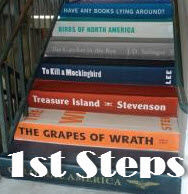

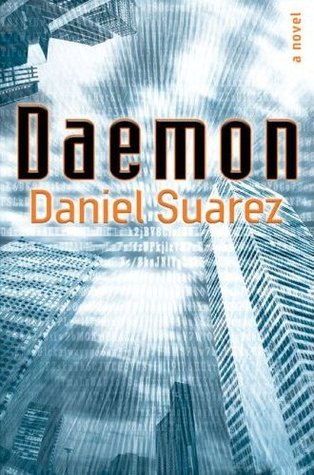 Daemon by Daniel Suarez
Daemon by Daniel Suarez
 Neuromancer by William Gibson
Neuromancer by William Gibson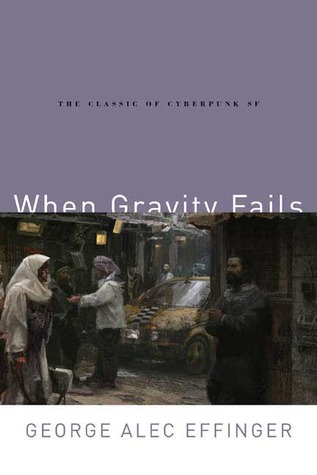
 Jimmy Corrigan, the Smartest Kid on Earth by Chris Ware
Jimmy Corrigan, the Smartest Kid on Earth by Chris Ware Ghost World by Daniel Clowes
Ghost World by Daniel Clowes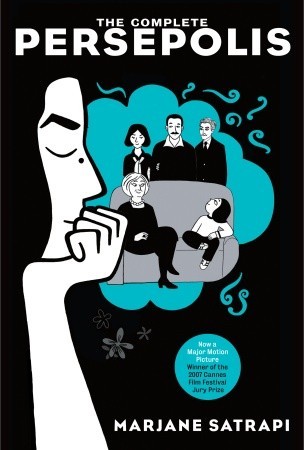 Persepolis by Marjane Satrapi
Persepolis by Marjane Satrapi Maus by Art Spiegelman
Maus by Art Spiegelman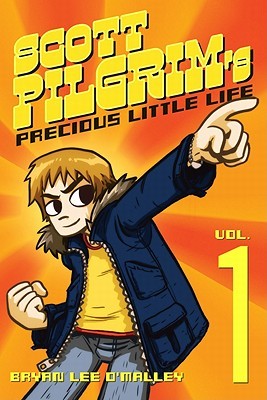 Scott Pilgrim by Bryan Lee O’Malley
Scott Pilgrim by Bryan Lee O’Malley This month we looked at the satirical novel and read Kurt Vonnegut’s modern classic
This month we looked at the satirical novel and read Kurt Vonnegut’s modern classic  Title: Cat's Cradle (
Title: Cat's Cradle (


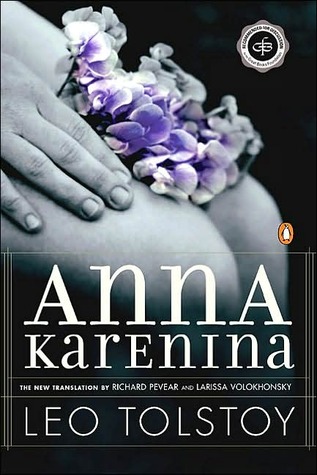 Anna Karenina by Leo Tolstoy
Anna Karenina by Leo Tolstoy Crime and Punishment by Fyodor Dostoyevsky
Crime and Punishment by Fyodor Dostoyevsky I think I might be addicted to
I think I might be addicted to